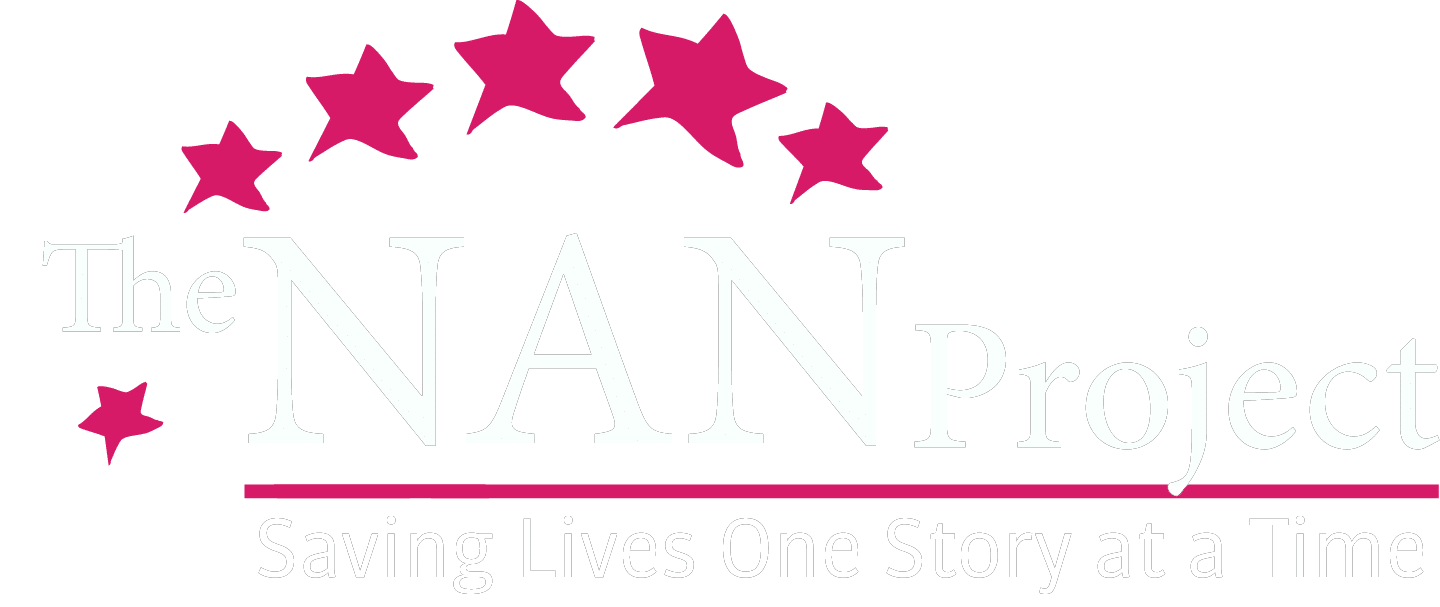Help isn’t Helping if it’s not Helpful
Help isn’t Helping if it’s not Helpful
 HELP ISN’T HELPING IF IT’S NOT HELPFUL
HELP ISN’T HELPING IF IT’S NOT HELPFUL
by Tyrese Service
Many people don’t realize that supporting someone with mental health challenges isn’t actually helpful if the help being offered isn’t good quality. So, what does good quality help actually look like?
There’s real power in offering thoughtful, effective support. As someone who works in the mental health field as a peer mentor, I’ve seen firsthand how often people feel disconnected from their support systems or hesitant to accept help. A big reason for this is that many people with mental health challenges feel like they’re not being supported in the way they need.
In this blog post, I’ll explore what meaningful, high-quality support looks like and how we can all do better.
Not Everyone Needs a “Fixer”
When someone is struggling, it’s easy to fall into “Bob the Builder” mode, the urge to fix everything right away. But often, people dealing with mental health challenges don’t need someone to fix them. They need someone to walk with them.
Instead of offering quick solutions, try guiding them to their own. Too often, we assume we know what’s best without stopping to ask what they want or need. But research shows that when people are actively involved in their care and feel heard and respected, they’re more likely to stick with their treatment and experience better outcomes.
For example, a Harvard Business Review study found that teams led by empowering leaders reported 20% higher engagement and 15% more innovation compared to teams led by those who dictated solutions. This same principle applies to mental health support. Empowering someone to find their own answers can have a much more lasting impact than simply giving advice.
Listening Is a Powerful Form of Help
Sometimes, the best way to help someone is simply to listen.
There’s more power in listening than most people realize. When someone is struggling, being present and open-minded without rushing to offer solutions can make a huge difference.
Jasmina Mustafic from Bymyside.support puts it perfectly:
“The way we listen can shape how people experience support and connection. A conversation where someone feels genuinely heard can be a turning point in their mental health journey.”
When we make active listening a habit, we create an environment where people feel safe enough to share because they know their voice matters. In a world that moves fast, being the one who pauses to truly listen can mean everything.
Listening Builds Connection and Trust
Practicing active listening doesn’t just show you care. It also helps build trust and encourages people to seek out more support.
Studies show that when individuals feel heard, they’re far more likely to stay engaged in their care. Active listening reduces feelings of isolation and validates a person’s emotions. It creates a safe space for self-expression and opens the door to better outcomes both emotionally and clinically.
People with mental health challenges want to be heard. They want to know that the help they’re receiving matches the help they’re asking for.
Final Thoughts: Ask the Right Question
Next time you’re helping someone or even just observing someone receiving support, ask yourself:
“Is this person actually getting the help they want?”
If the answer is no, it might be time to rethink how that help is being offered. You could save someone’s life or at the very least, help them avoid a devastating decision.
There’s a right way to help. There’s a quality to support.
Because help isn’t helping if it’s not helpful.
